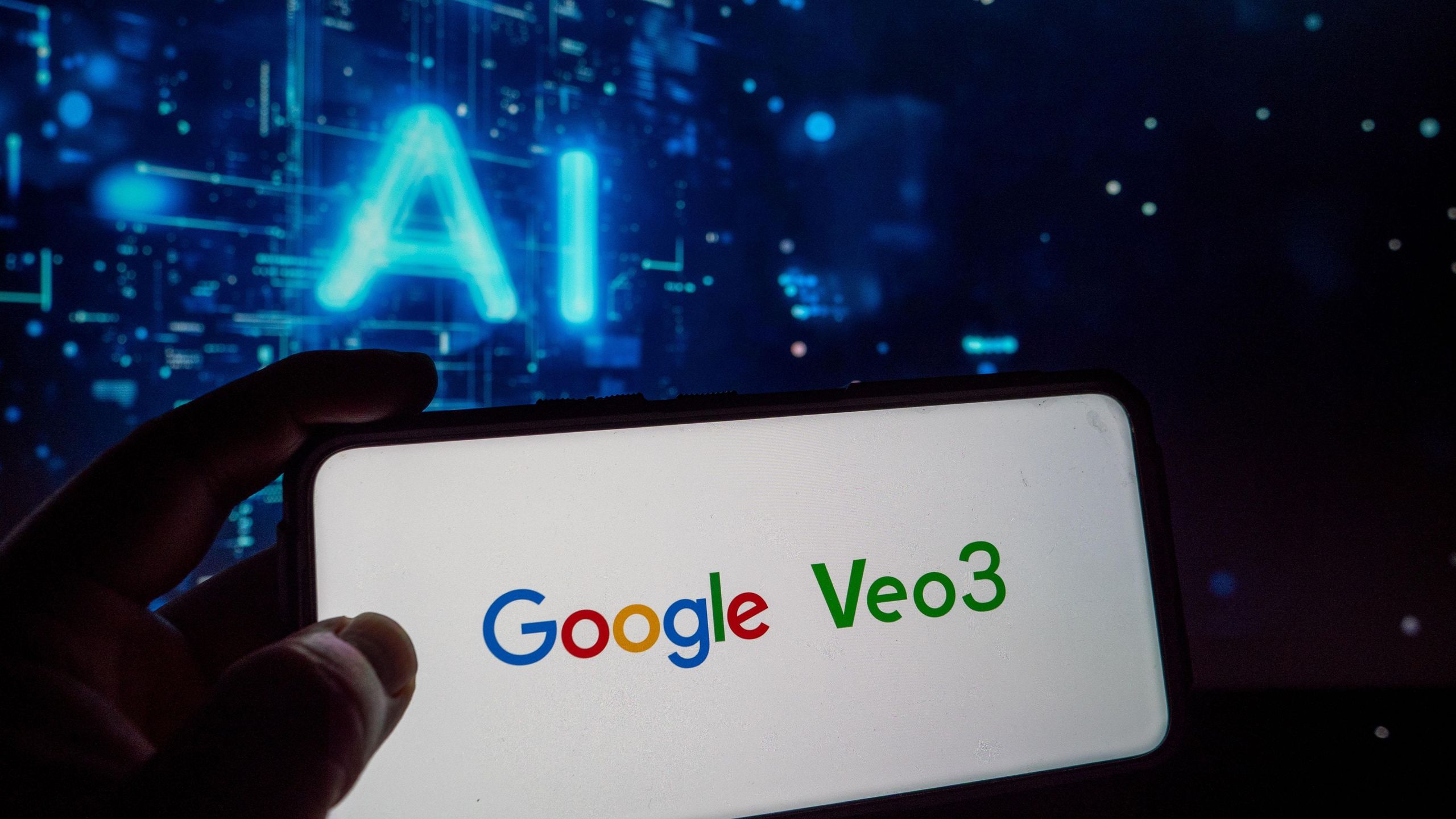How Google's AI Video Generation Technology Partnership Could Transform Digital Content Creation

Google Expands Partnerships with Rollout of Advanced Video Generation Technology
Google has begun rolling out its latest video generation technology to its partners, marking a significant step forward in AI-powered content creation. This rollout is part of an ongoing effort to enhance collaboration and innovation within the tech ecosystem. Although an official announcement has yet to be made, the technology is already available on certain platforms, signaling a quiet yet strategic move by Google.
For content creators and developers, this development indicates a shift towards more sophisticated and user-friendly tools. The lack of an official announcement suggests that Google is carefully managing the rollout to ensure a smooth integration with existing systems. This approach aligns with Google's strategy of gradually introducing new technologies to its ecosystem to maximize user adoption and minimize disruption.
As the digital landscape continues to evolve, technology like this is poised to play a pivotal role in shaping how we interact with video content. Whether for marketing, entertainment, or educational purposes, AI-driven video generation holds immense potential. This partnership expansion highlights Google's commitment to staying at the forefront of AI innovation, particularly in areas where collaboration can accelerate technological advancements.
##Implications for the Digital Content Industry
The rollout of this technology to Google partners underscores a broader trend in the digital content industry—increasing reliance on AI for content creation. This shift is driven by the need for more efficient, high-quality, and personalized content. As AI video generation capabilities improve, we can expect to see more sophisticated storytelling and interactive experiences across platforms.
Moreover, the integration of AI in video creation is likely to democratize access to high-quality content production. Smaller businesses and independent creators will benefit from the ability to produce professional-grade videos without the need for extensive resources or expertise. This democratization could lead to a richer diversity of content online, as more voices and perspectives are empowered to share their stories.
However, the industry must also address potential challenges, such as ensuring the ethical use of AI-generated content and managing intellectual property rights. As AI technology advances, these issues will become increasingly important for both creators and consumers of digital content.
##Future Outlook and Developments
Looking ahead, the expansion of AI video generation technology into wider partnerships is expected to drive further innovation in the field. As Google and other tech giants continue to invest in AI research, we can anticipate even more advanced features and applications in the future. These developments will likely transform not just how video content is created but also how it is consumed and interacted with.
The availability of this technology on platforms like Flowith suggests that it is already being tested in real-world scenarios, providing valuable feedback for future improvements. This iterative process is crucial for refining AI systems and ensuring they meet the evolving needs of users.
Ultimately, the integration of AI into video creation will redefine the boundaries of digital storytelling, offering creators unprecedented flexibility and creativity. As the technology continues to evolve and spread, it will be crucial to monitor its impact on culture, society, and the broader digital landscape.
